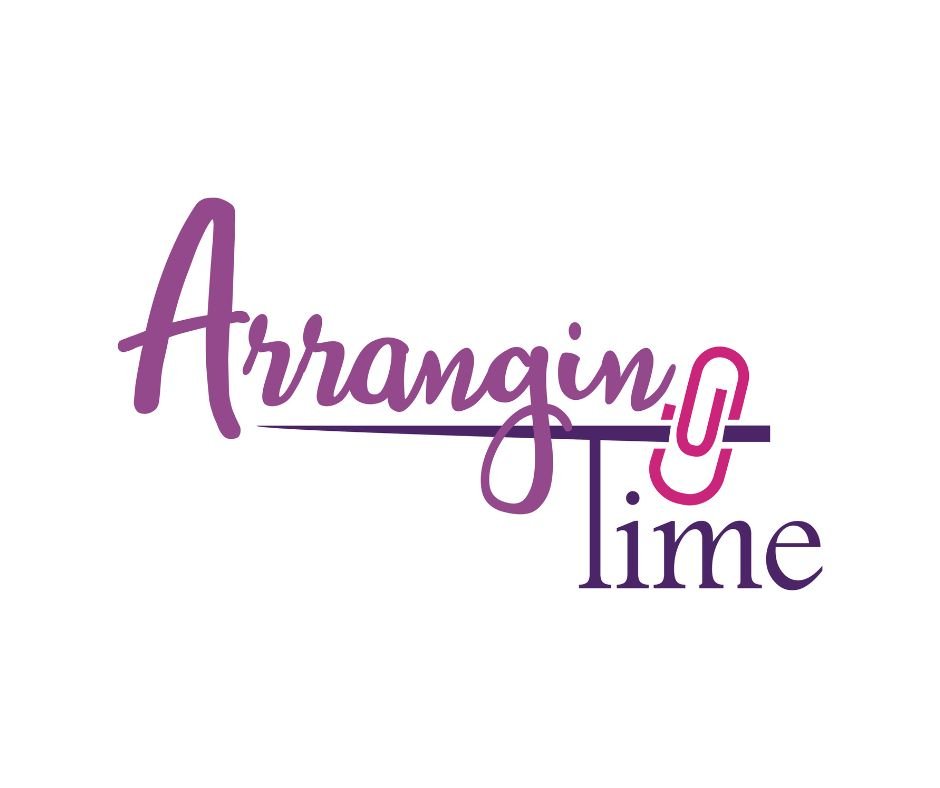Do I Really Need a Password Manager?
If you’re like me, you’ve been avoiding setting up a password manager. You think you’re pretty good with passwords. Maybe you have one password for social media, one for finances, and one for your email. Maybe you’ve made sure those passwords have some numbers and capital letters. You think that not writing them down makes it more secure.
You’re wrong.
What you don’t realize is that you have WAY more logins than you realize. Think about how many times this week you ordered something online or subscribed to a new service and had to create a username and password. When you repeat a password, that gives one more place that hackers can access your favorite password, that they can then use to get into other services and get more information about you.
STATISTICS
In 2017, the average American internet user had 150 online accounts that required a password, according to research by password manager Dashlane. In theory, that means you would need to memorize 150 unique, complex passwords for maximum account security. The advent of the pandemic, with the subsequent increase in online services, only made it worse: the average number of passwords increased 25% in 2020.
I can attest. Once I set up a password manager in 2018 and started saving all my logins, I found I had over 200 accounts. Today, I have over 400!
And if that hasn’t convinced you, here are a few other statistics:
In 2022, over 24 billion passwords were exposed by hackers. (Digital Shadows, 2022)
More than 80% of confirmed breaches are related to stolen, weak, or reused passwords. (LastPass, 2021)
Internet users who don’t use password managers are three times more likely to be affected by identity theft. (Security.org, 2023)
ADVANTAGES
Setting up a password manager has many advantages. First, it tracks all your passwords for you. You’ll only need to remember one master password from now on, which can be as complex as you want.
A password manager can generate secure passwords for you. It doesn’t matter how complex it is, because you don’t need to remember it.
A password manager prevents duplication by generating unique passwords, and alerting you when you’ve used a password elsewhere.
Most password managers have the ability to share access with key family or contacts in case of emergency.
SECURITY
But what about security? You might ask. If hackers can access Yahoo and other major sites, they can access password managers and get ALL my passwords, right?
Actually, not quite. Password managers use encryption to protect your passwords. AES 256-bit is the industry standard that’s also used by the military because of its exceptional strength. According to Business Insider, “It would take more than a lifetime to crack this cipher, so a brute-force attack has a near-zero chance of success.”
To make password managers even more secure, they use something called zero-knowledge architecture. They encrypt your passwords before they leave your device, so that when they get to the company’s server, the company has no tools to decipher them. If a hacker managed to gain access, they wouldn’t be able to decrypt the files.
HOW DO I SET UP A PASSWORD MANAGER?
If you need help setting up a password manager, feel free to contact me for a session. I can review your options and help you get set up. Or stay tuned for the next blog post: Three Easy Steps to Set Up a Password Manager.
To hear more about managing passwords, and see a demo of a password manager in action, sign up for my workshop, “Get Your Digital Life In Order!”


